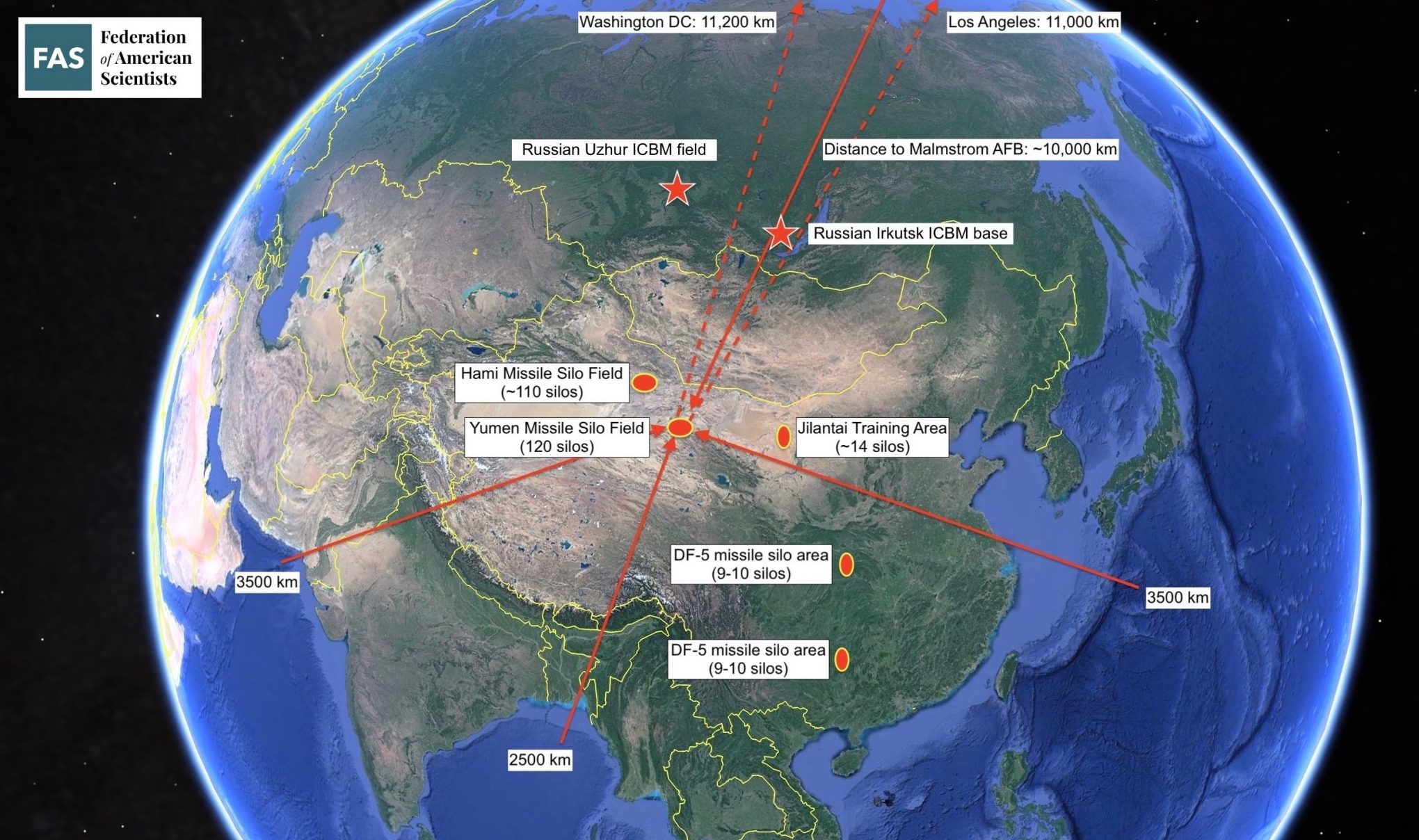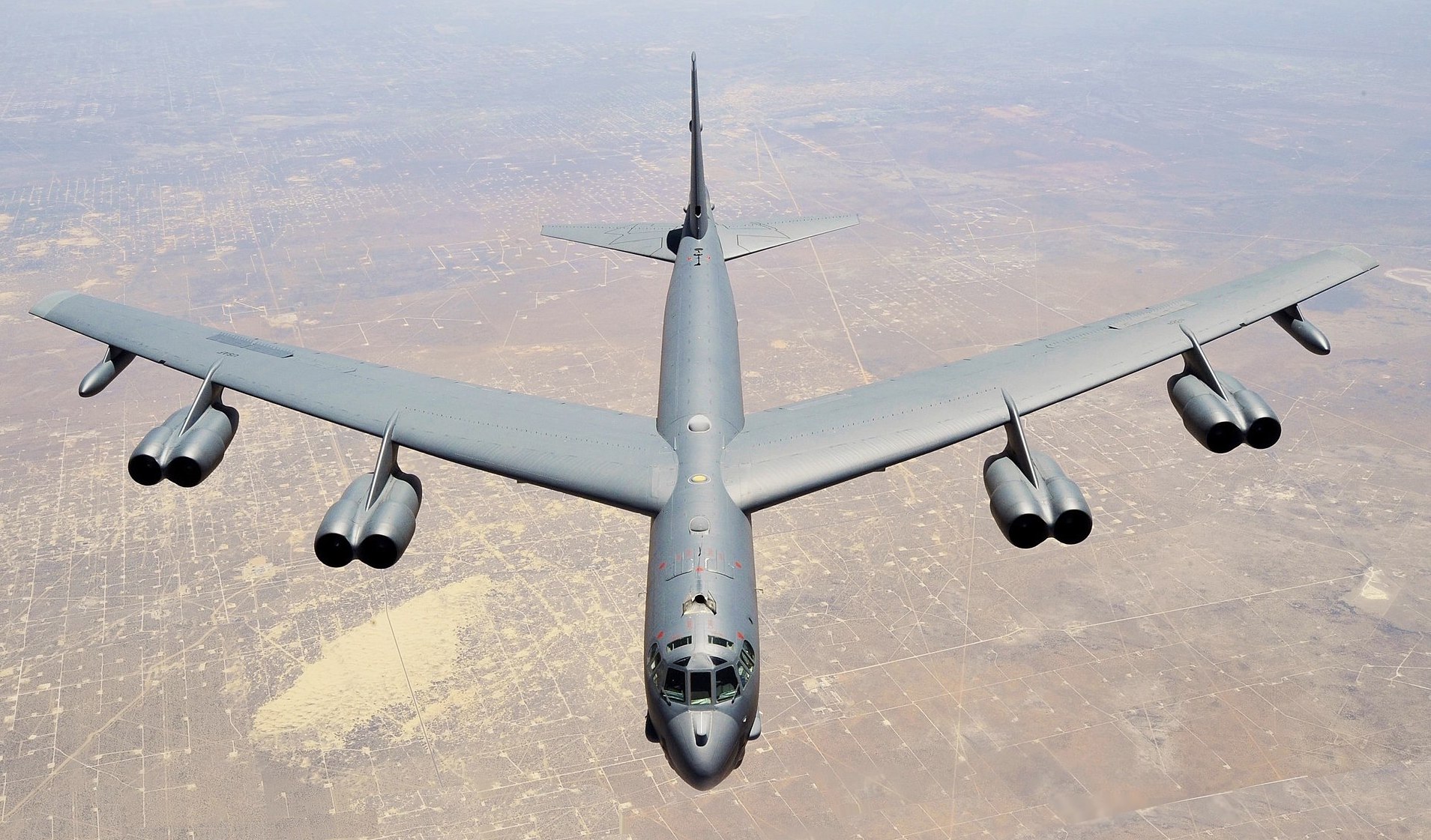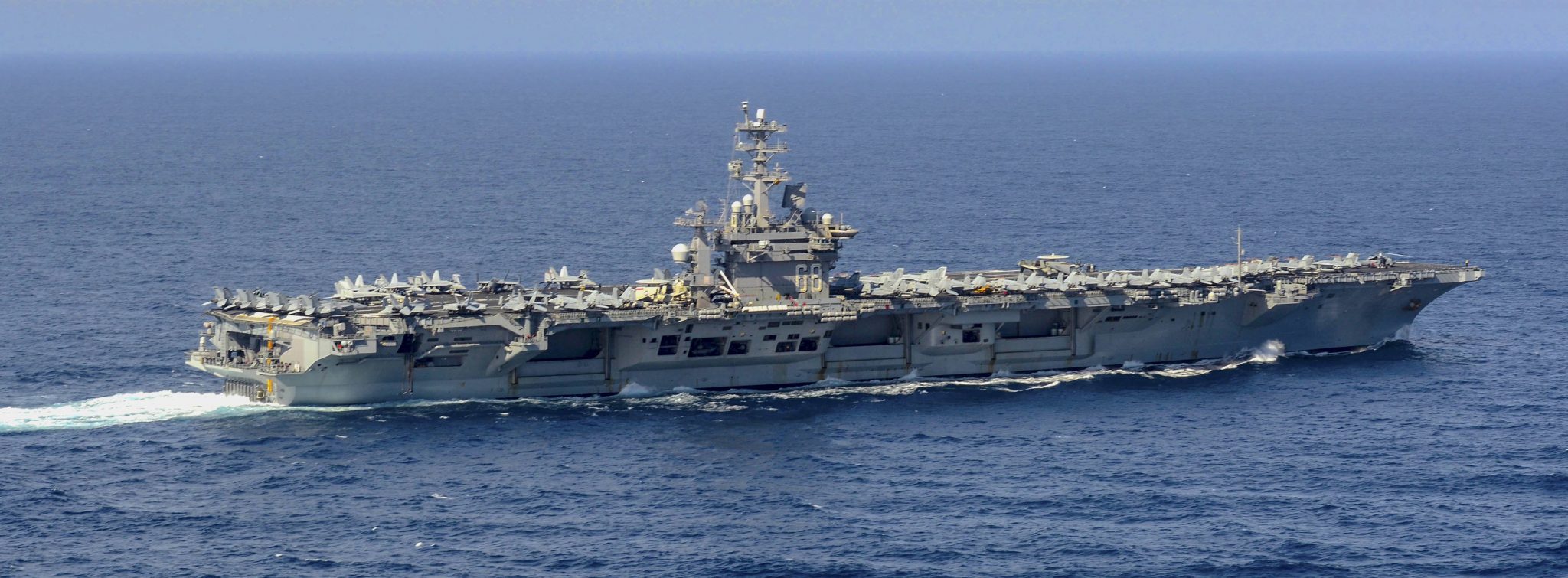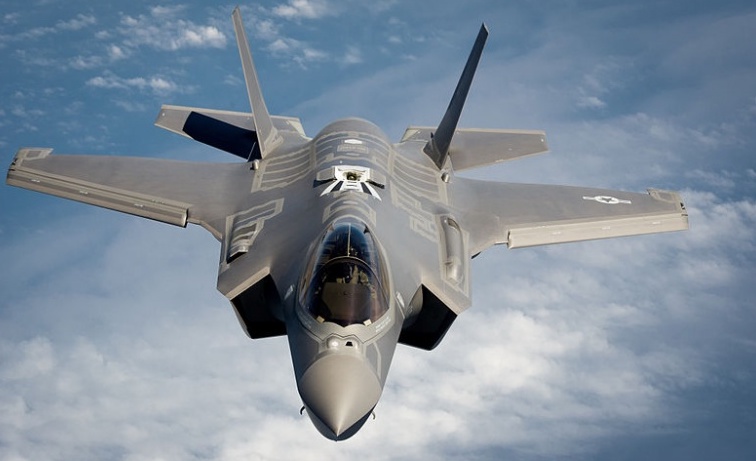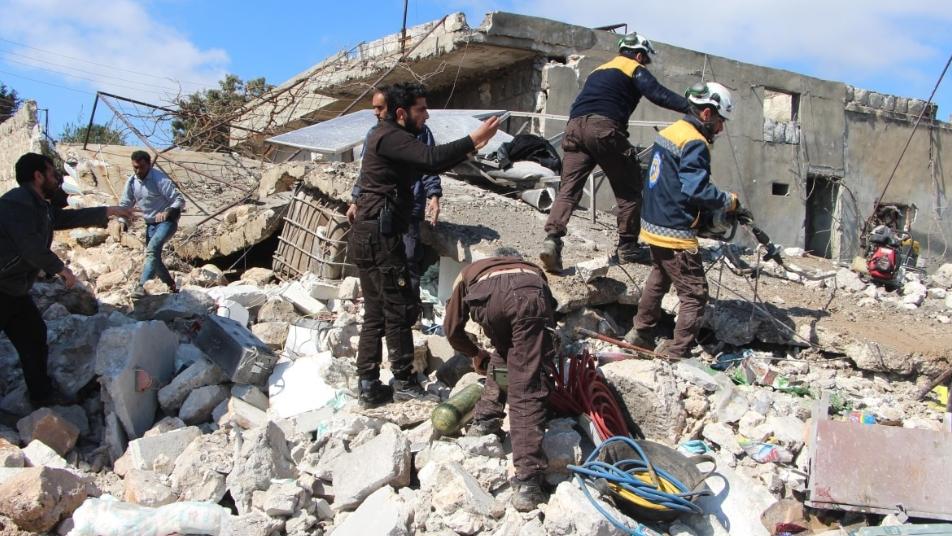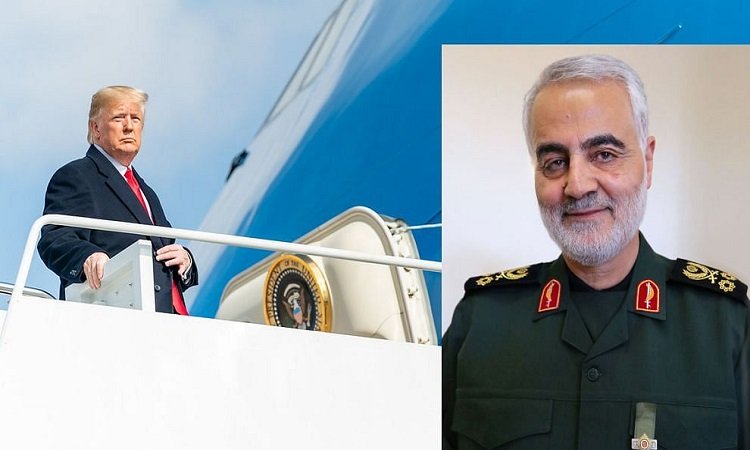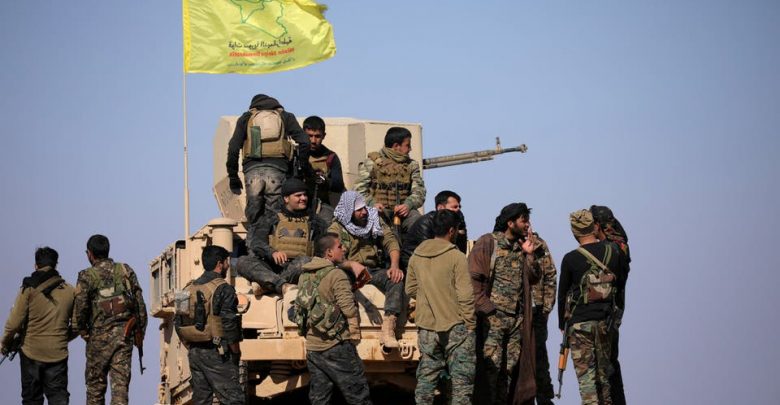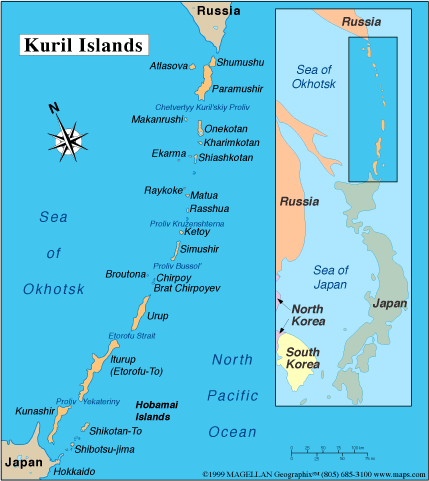
Podcast: 007 in the New Cold War
In Episode 97 of the CounterVortex podcast, Bill Weinberg dissects the geopolitics of the new James Bond movie, No Time to Die, and how the Daniel Craig reboot of the series has finessed the cultural icon’s role in the New Cold War. Famously, the film was produced pre-pandemic, with its release postponed a year due to the lockdown—and its key plot device is a mass biological warfare attack, anticipating the conspiranoid theories about COVID-19. Yet it could also be prescient in warning of a superpower confrontation over the Kuril Islands—disputed by Russia and Japan, and an all too likely flashpoint for global conflict. Listen on SoundCloud or via Patreon. (Map: International Kuril Island Project)




